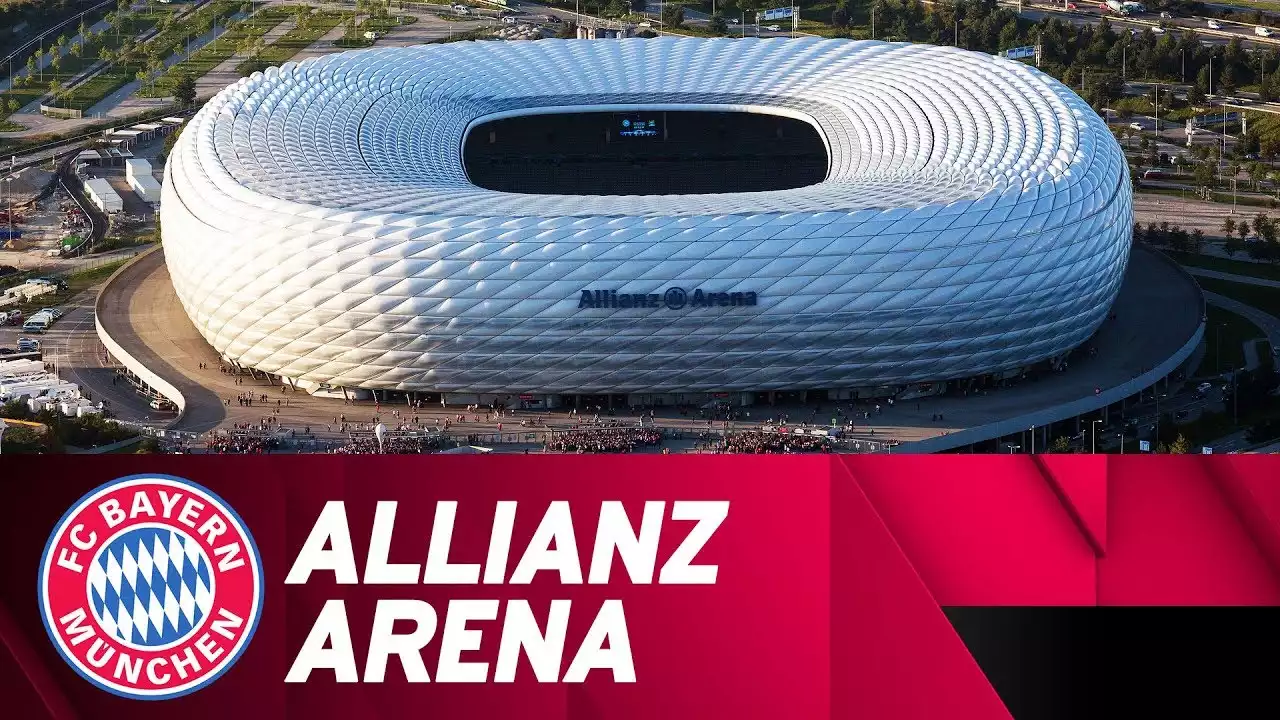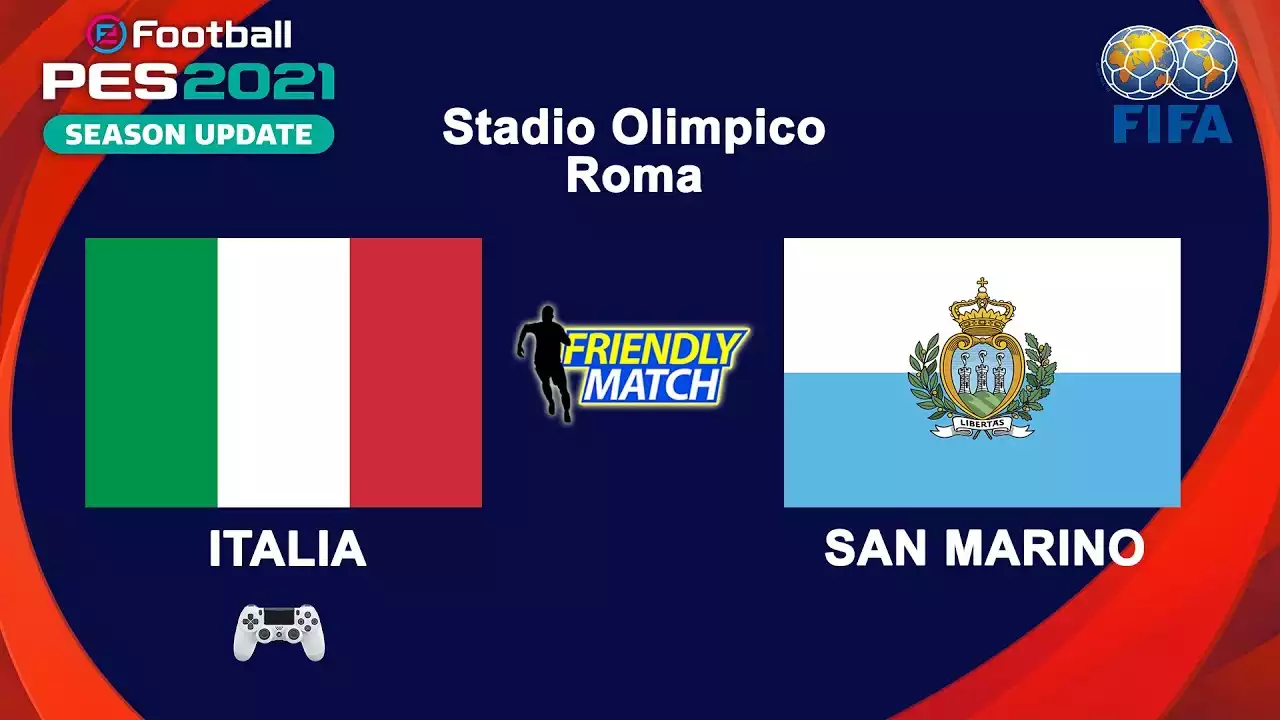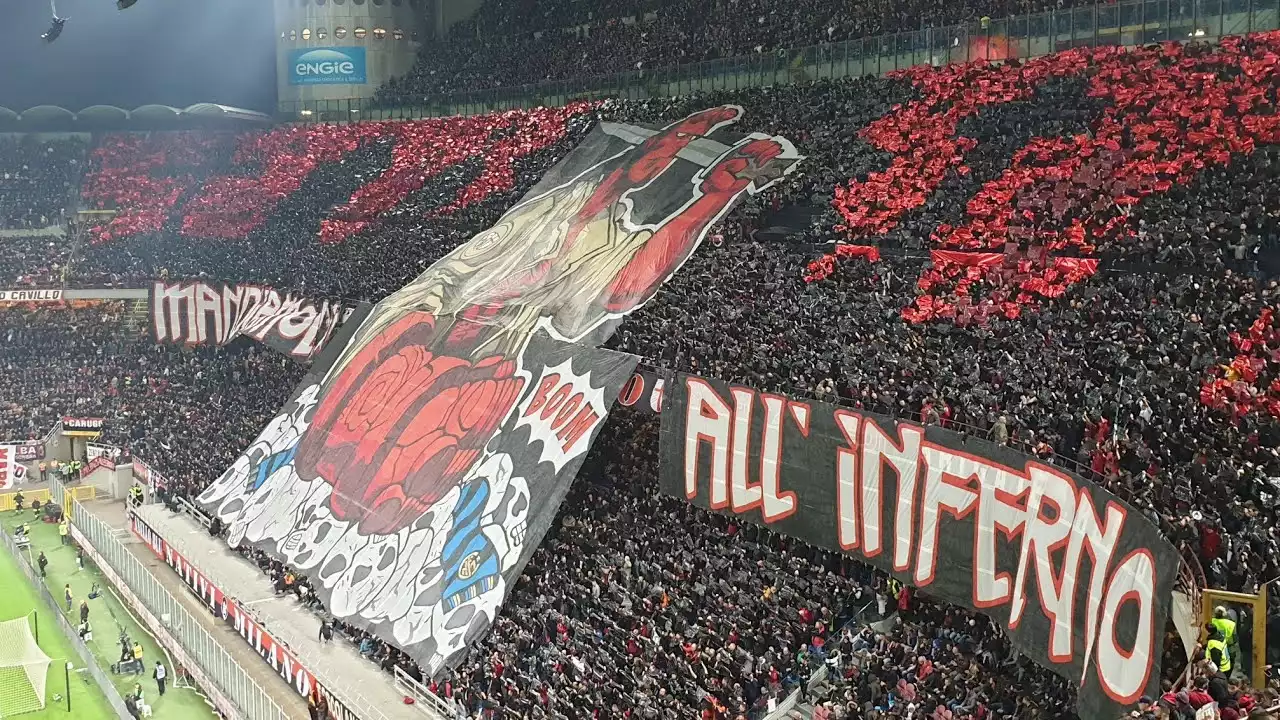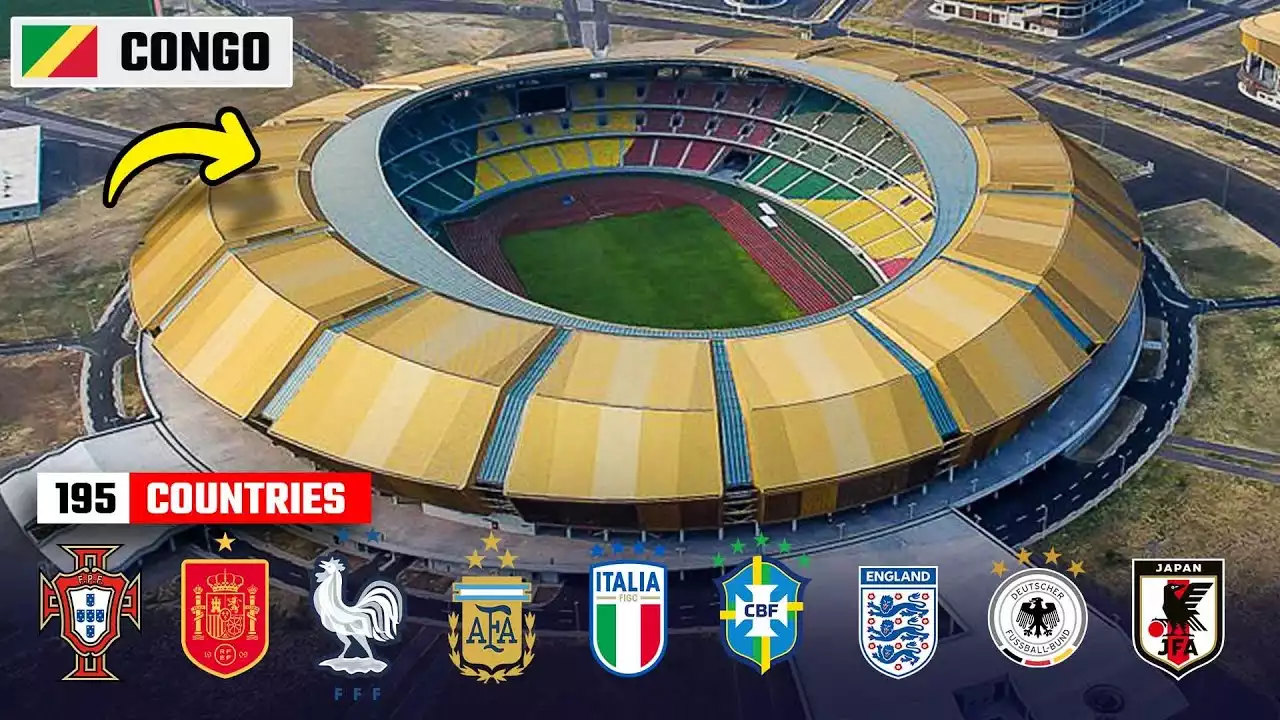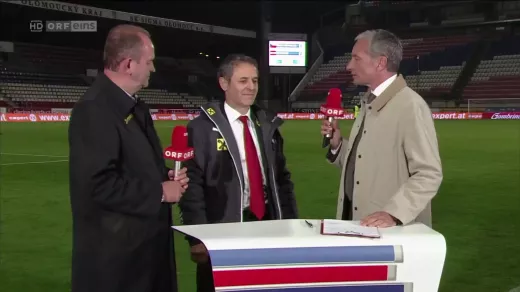The Importance of Host Cities in UEFA Nations League
Host cities play a crucial role in the success of the UEFA Nations League. They are responsible for providing the necessary infrastructure and amenities to accommodate teams, fans, and officials. The selection of host cities is a highly competitive process, with cities vying to showcase their cultural heritage, modernity, and capacity to host large-scale sporting events.
Stadiums, as the focal point of the tournament, are a key factor in determining the appeal of host cities. They serve as the backdrop for the matches, creating an atmosphere of excitement and anticipation. The design, capacity, and amenities of the stadiums significantly impact the overall experience of fans and visitors.
The Role of Stadiums in Hosting UEFA Nations League Matches
Stadiums are not just venues for matches; they are architectural marvels that reflect the spirit and identity of their host cities. These structures have evolved over time, incorporating modern amenities and state-of-the-art technology to enhance the spectator experience.
From the iconic Wembley Stadium in London to the breathtaking Allianz Arena in Munich, stadiums in UEFA Nations League host cities are designed to provide optimal viewing angles, comfortable seating, and excellent acoustics. They are equipped with high-definition screens, sound systems, and Wi-Fi connectivity to ensure fans can fully immerse themselves in the game.
Furthermore, stadiums offer a range of facilities such as restaurants, bars, and merchandise stores, providing fans with a complete entertainment experience. The integration of technology allows for interactive experiences, such as augmented reality tours and fan engagement activities, making the stadium visit memorable for everyone.
Economic Impact of Hosting UEFA Nations League Matches
Hosting the UEFA Nations League can have a significant economic impact on host cities. The tournament attracts a large number of tourists, generating revenue for local businesses such as hotels, restaurants, and retail establishments. The influx of visitors also leads to job creation in various sectors, boosting the local economy.
Furthermore, hosting the tournament provides an opportunity for host cities to showcase their cultural heritage and attract future tourism. The exposure gained from hosting high-profile matches can increase the city's visibility on a global scale, encouraging more visitors to explore its attractions and landmarks.
The economic impact extends beyond the duration of the tournament. Stadiums often become multi-purpose venues, hosting a variety of events such as concerts, conferences, and exhibitions. These events attract additional visitors and contribute to the long-term economic growth of the host city.
Infrastructure Development and Legacy Projects Associated with Hosting UEFA Nations League
Hosting the UEFA Nations League often necessitates the development or upgrade of infrastructure in host cities. Stadiums require ongoing maintenance and improvements to meet the standards set by UEFA. This leads to investments in transport infrastructure, hospitality services, and public facilities.
Legacy projects associated with hosting the tournament can have a lasting impact on host cities. The development of new stadiums or the renovation of existing ones leaves a legacy for future generations to enjoy. These structures become landmarks, attracting visitors and serving as a source of pride for the community.
Additionally, infrastructure improvements made for the tournament can benefit the host city long after the tournament concludes. Upgraded transportation systems, enhanced public spaces, and improved connectivity contribute to the overall development and livability of the city.
The Social and Cultural Impact of Hosting UEFA Nations League Matches
Hosting the UEFA Nations League has a profound social and cultural impact on host cities. The tournament brings people together, uniting fans from different countries in their shared love for football. The atmosphere in and around the stadium is electric, with fans chanting, singing, and celebrating their team's successes.
Stadiums become the focal point of social interactions, providing a common ground for people to connect and forge new friendships. The matches become a cultural event, with fans showcasing their national pride through costumes, flags, and chants. The vibrant atmosphere spills over into the surrounding areas, creating a sense of excitement and celebration throughout the host city.
Moreover, hosting the tournament offers an opportunity for host cities to promote diversity and inclusivity. The UEFA Nations League celebrates the multicultural nature of European football, bringing together players and fans from different backgrounds. The tournament can serve as a platform for promoting social integration and fostering understanding among diverse communities.
Case Studies of Successful Host Cities and Their Stadium Strategies
Several host cities have successfully leveraged the UEFA Nations League to enhance their appeal and leave a lasting impression on visitors. Barcelona, for example, hosted the tournament in Camp Nou, one of the most iconic stadiums in the world. The city's strategy involved combining the excitement of the matches with the rich cultural heritage of Barcelona, offering visitors a unique experience that showcased both football excellence and cultural diversity.
Another successful example is Lisbon, which hosted matches in the Estádio da Luz. The city capitalized on its vibrant nightlife and rich history to create an unforgettable experience for fans. Lisbon offered a range of activities, including guided tours, cultural events, and live screenings in public squares, ensuring that both visitors and locals were fully engaged with the tournament.
These case studies highlight the importance of a well-rounded approach that combines the strengths of the host city with the allure of the stadium. By creating a seamless integration between the matches and the city's cultural offerings, host cities can maximize the appeal of the UEFA Nations League.
Challenges Faced by Host Cities in Organizing UEFA Nations League Matches
Organizing the UEFA Nations League poses various challenges for host cities. The logistics of accommodating teams, officials, and fans require meticulous planning and coordination. Ensuring the safety and security of everyone involved is a top priority, necessitating the implementation of robust security measures.
Infrastructure development and upgrades can also be challenging, as they require significant investments and coordination with various stakeholders. Ensuring that stadiums meet the necessary standards set by UEFA can be a complex process, requiring close collaboration between architects, engineers, and construction teams.
Furthermore, host cities must navigate the expectations of fans and visitors, providing a seamless experience that exceeds their expectations. From transportation to ticketing, every aspect of the tournament must be carefully managed to create a positive and memorable experience for all.
The Future of Stadium Development in UEFA Nations League
The future of stadium development in the UEFA Nations League is likely to be influenced by technological advancements and changing fan expectations. Stadiums will continue to incorporate state-of-the-art technology, offering enhanced connectivity and immersive experiences for fans. Virtual reality and augmented reality are expected to play a more significant role in creating engaging experiences within the stadium.
Sustainability will also be a key consideration in stadium development. Host cities are increasingly focusing on environmentally friendly practices, incorporating renewable energy sources, and implementing waste management strategies. Green spaces and eco-friendly design elements will become integral parts of stadium development, aligning with global efforts to mitigate the impact of large-scale events on the environment.
Moreover, stadiums will need to adapt to changing fan preferences. Personalized experiences, such as customized seating options and tailored services, will become more prevalent. Stadiums will integrate with mobile applications, allowing fans to access information, order food, and engage with interactive content from their smartphones.
Conclusion and Recommendations for Host Cities in UEFA Nations League
Stadiums play a pivotal role in enhancing the appeal of UEFA Nations League host cities. These architectural masterpieces not only serve as battlegrounds for matches but also contribute to the overall experience of fans and visitors. The economic, social, and cultural impact of hosting the tournament can be significant, leaving a lasting impression on both visitors and locals.
To maximize the appeal of the UEFA Nations League, host cities should consider the following recommendations:
1. Create a seamless integration between the matches and the city's cultural offerings, showcasing the unique identity of the host city.
2. Invest in state-of-the-art technology and amenities to enhance the fan experience within the stadium.
3. Focus on sustainability and environmentally friendly practices in stadium development and operations.
4. Foster social integration and inclusivity, promoting diversity and understanding among fans and communities.
5. Continuously adapt to changing fan preferences and technological advancements to provide personalized and engaging experiences.
By implementing these recommendations, host cities can ensure that the UEFA Nations League leaves a lasting legacy, enhancing their appeal and attracting visitors long after the tournament concludes.
